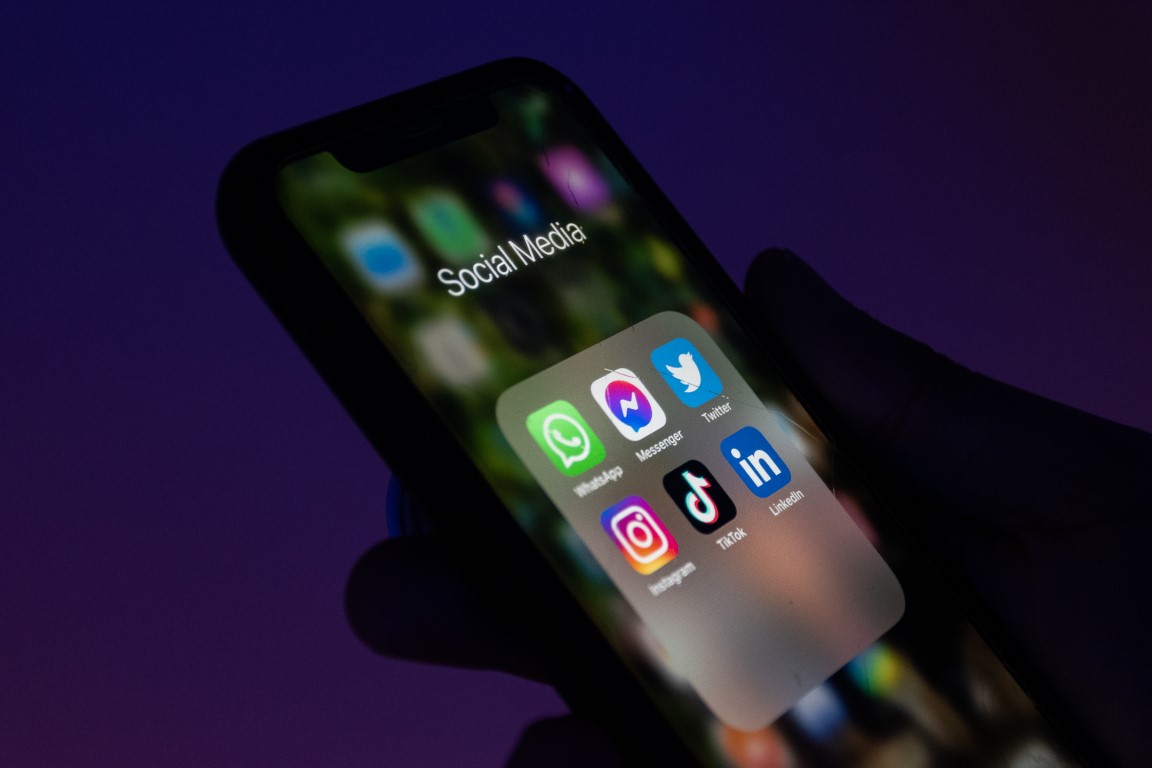Alternative means of communication should be mandatory
By Elliot Chan, Staff Writer
Admit it: you’re an important person. People rely on you, and it doesn’t matter if your cellphone is out of battery power or if you’re out of town—they still need to contact you. Technology is so accessible now that it would be ridiculous to not embrace it.
Some worry that social networks may become an addiction and a waste of time, but the truth is, if you’re a procrastinator, you’ll have more than Facebook and Twitter to contend with. Distractions come in all forms, and to blame it on one thing is a lie.
Like everyone else, I too was initially reluctant to join an online community linking me to all my friends, colleagues, classmates, and even reproachable family members, but it’s a simple way of keeping them in my life. You might not share their love of cats or inspirational quotes, and they might not care about your vacation pictures or status updates—but that’s not the point. The point is that you know they are there, and vice versa.
If a cellphone is your only lifeline to the world, then you might end up a castaway. News travels fast. If you only get social updates from word of mouth, then odds are it’s already old news. Very few social engagements are arranged face-to-face or even over the phone. Usually there is one person organizing the event, which is a strenuous job in itself, but inviting people is often even more troublesome. Simply being present makes their job a lot easier. If you want to be properly invited, then allow yourself the opportunity. That way, no feelings will be hurt.
Privacy is a problem we all deal with in social media. You don’t want your employers seeing your party pictures, and you don’t want disdainful individuals creeping your page. These are circumstances we all have to face alone. The same way you wouldn’t leave your front door open for intruders, you also shouldn’t leave your Facebook accessible to just anyone. We’re all on different levels of security, so it’s important to recognize the unsavoury ones.
In the same way that foregoing insurance is irresponsible, dismissing forms of communication is inconsiderate of yourself and others, whether they depend on you to show up for a coffee date or to meet a deadline. Technology is good. It’s the new generation, and though I might be preaching to the choir, I would also like to suggest that it’s important to teach these means of communication to the elderly. It might seem horrid seeing our parents on the Internet, browsing through our Twitter and reading our blogs, but hey, why should we hoard a good thing? They fill out census forms and they pay their taxes, so why shouldn’t they be reachable to the wider world? After all, your home makes you a resident of your community, your job makes you a member of an organization, and your online presence makes you a citizen of the technological world.



